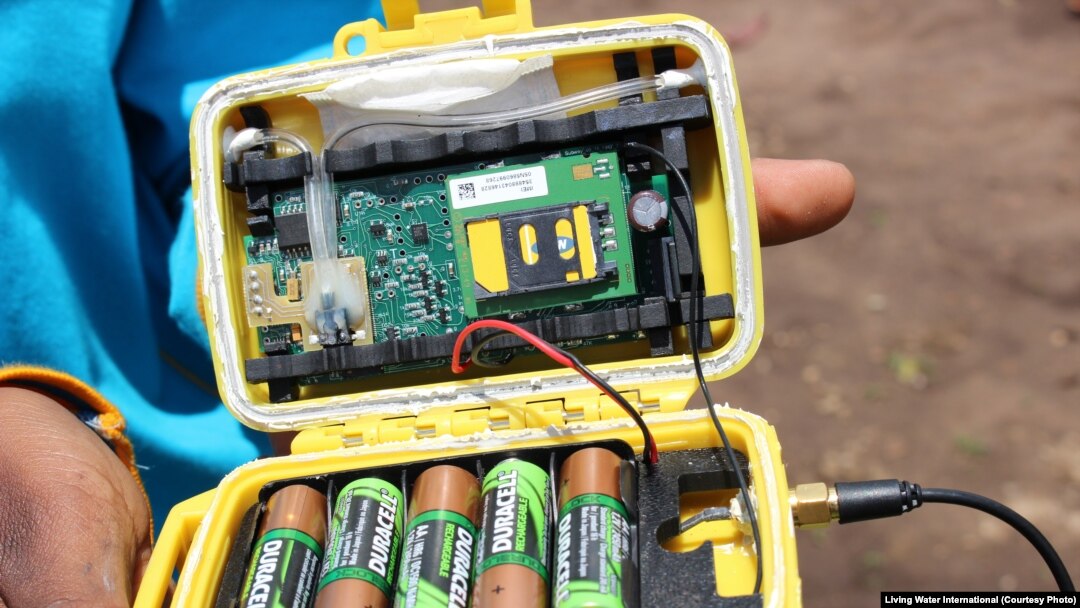A pilot program in Rwanda aims to improve the performance of water pumps as well as maintenance response times.
The faith-based non-profit organization, Living Water International, recently announced the new project as part of their larger scale mission to provide clean water to hundreds of millions of people around the world.
The technology was developed by Portland State University and SweetSense, Inc. It uses real-time monitoring technology through sensors and cell phone data to expedite water pump maintenance.
The new technology will help in the upkeep and repair of water pumps before they break down. It will also allow information to be rapidly transmitted between community and government maintenance teams.
“It is a sensor. It is a piece of equipment that we affix to a hand pump, and it measures the water flow and the movement of the arm on the hand pump. It uses cellular technology then to transfer that data via cell phone to a dashboard that then shows our operations and maintenance people when a water point is no longer functioning,” explained Mike Mantel, CEO of the Houston, Texas- based Living Water International.
Mantel said the project is being tested with an estimated 180 water sensors installed in various areas of Rwanda.
“The hypothesis is after you’ve installed the sensor, and you have an operations and maintenance team standing by looking at a dashboard, they can see when a well fails for some reason—based on the sensor," he said. "They pick up a phone, and they confirm with a member of the local water committee. Once it’s confirmed there’s an issue, they jump in their truck and then they head up that way to fix it.”
The two developers of the water sensors, Portland State University and SweetSense, Inc., are responsible for the research and development that is now being conducted in Rwanda.
“Living Water International is responsible for providing the operations and maintenance teams, working with the water points that we had previously installed in various community contexts,” said Mantel.
He added each of the water points has a water committee that is responsible for overseeing the water points. The committee also collects small tariffs from the users that will be put aside so there will be some resources available for the eventual maintenance and repair of that well.
Mantel described the pilot program as a collaborative effort involving his organization, Portland State University, SweetSense, Inc., community members and the government.
Living Water International is a 25-year-old organization with water wells co-developed in 23 countries around the world. They have wells in 15 countries in Africa as well as in Haiti, Central America, South America and India.
“We’ll take our [findings] from Rwanda and we will [choose] the best model," Mantel said. "Going forward, we believe strongly that the technology around SweetSense is the most exciting and [has the] highest probability of increasing uptime and reducing our cost and, we’ll just keep moving it with our partners to a larger scale.”


